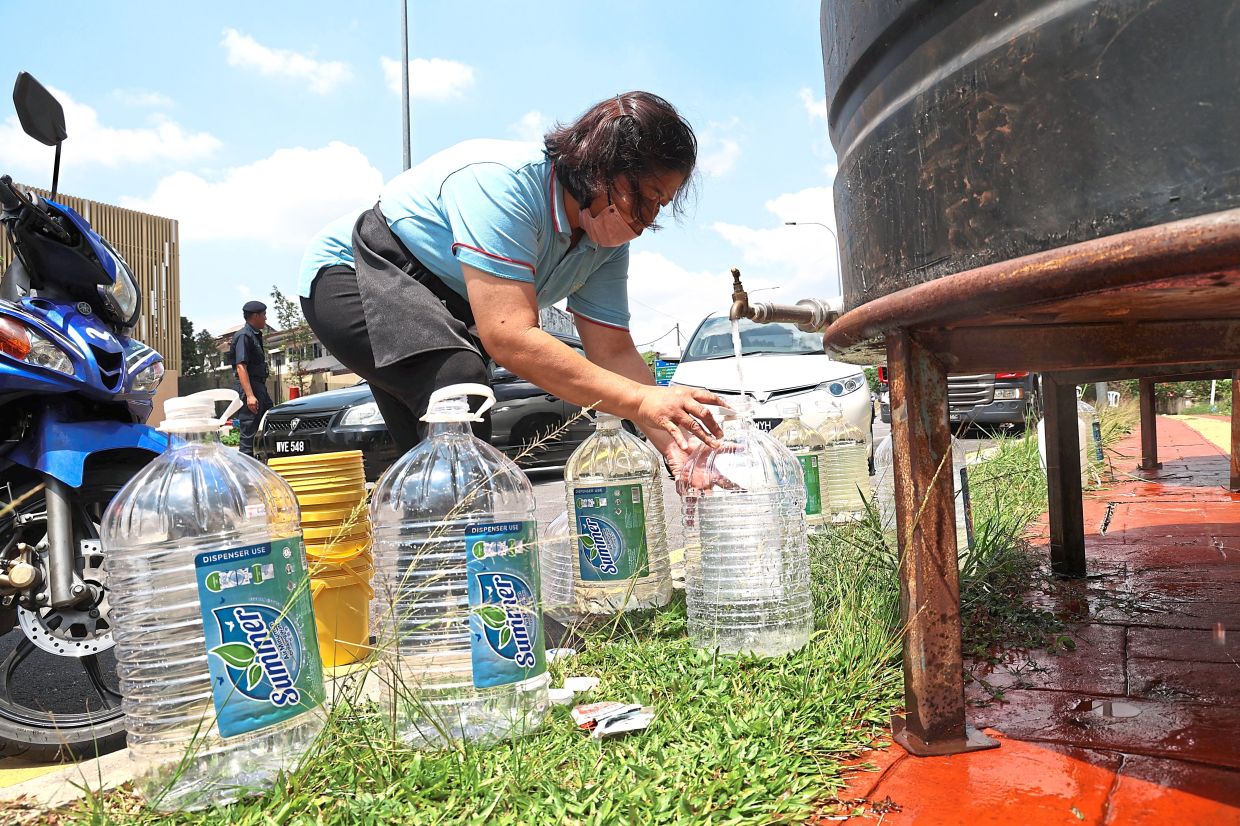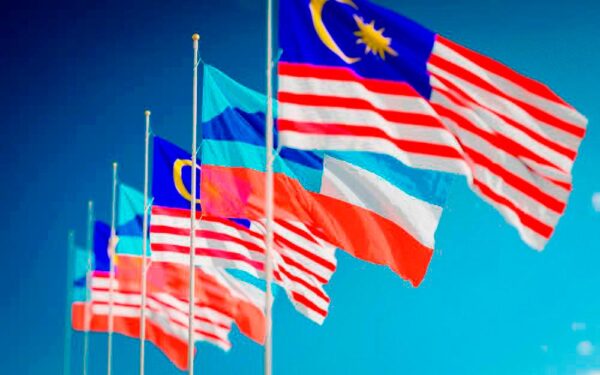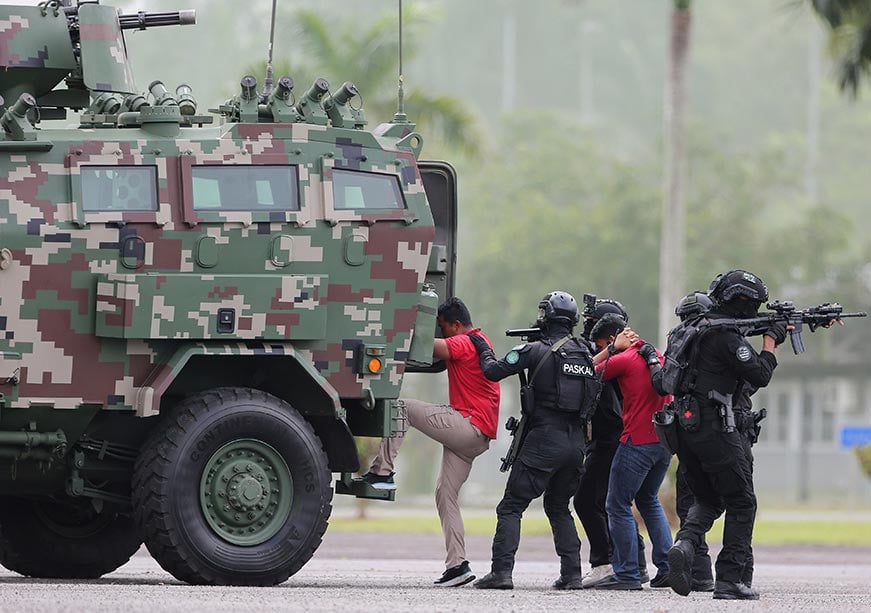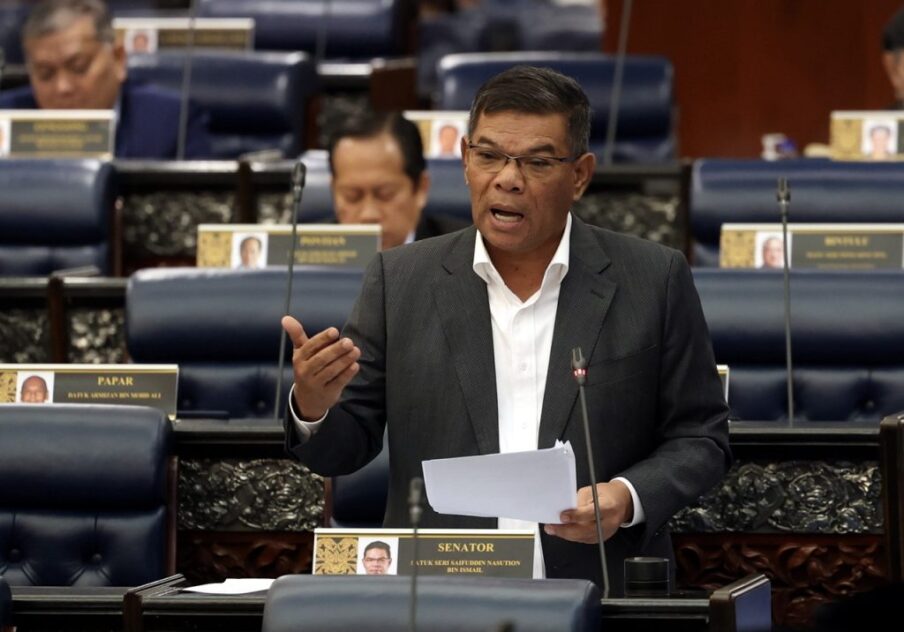DESPITE trying its best Selangor has not been able to overcome the problem of unscheduled water supply interruptions.
The latest occurred on July 23 when acid spillage from a recycling plant in Kuang, Gombak. The spill polluted the Sungai Kundang and Sungai Sembah, both feeder rivers to the Sungai Selangor water treatment plants, causing water cuts affecting hundreds of thousands of consumers.
As such, Selangor needs to undertake serious proactive steps to overcome this recurring problem that inconveniences the Selangor folks who are totally dependent on the piped water supply without recourse to any other means.
July 23 was one of the hottest days and to make things worse, no water was flowing from the taps! Incidentally, July 21 was the hottest day recorded globally, according to news reports.
Possibly it was the current dry spell that exposed the acid “leak” which may have been going on previously undetected as it could have been hidden if not watered down by the frequent downpours.
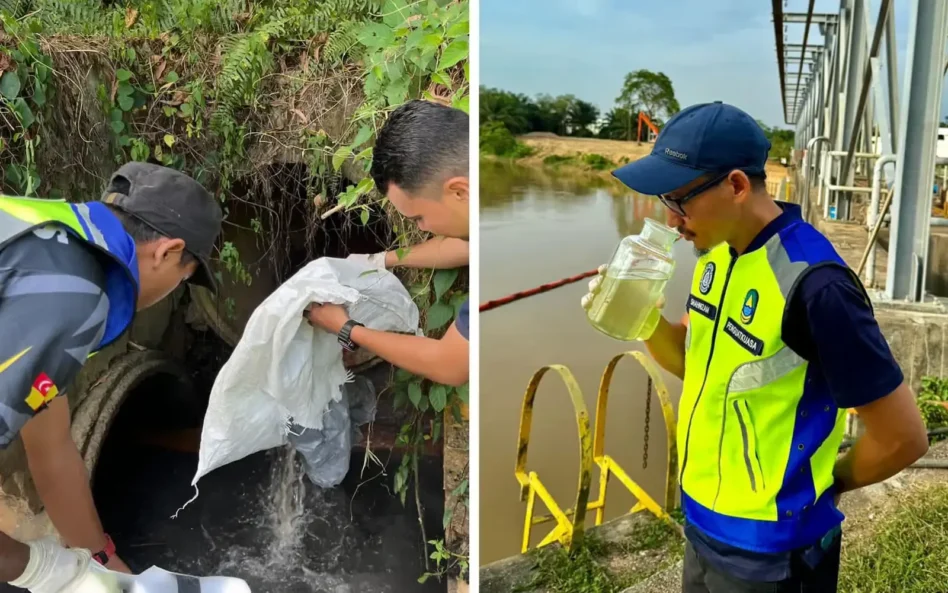
The drains and streams may have dried up exposing the polluting acid. This could not have been a one-off incident but possibly a regular one but went undetected due to the usual heavy downpours.
Time and again it had been suggested that polluting industries near streams and rivers should be relocated or opt for a change of business.
Oil and chemicals are the primary pollutants nowadays and efforts should be made to monitor and control these industries from polluting.
Recycling is big business in Selangor and the state government needs to adopt some positive measure like engaging contractors to collect the polluting chemicals, oil and others liquid waste from industries and dump them properly in the landfills or other special sites.
This is perhaps the only way pollution of water sources can be controlled, otherwise it will be a losing battle.
Not all factory owners are environmentally-conscious to avoid polluting the water sources. Many take the opportunity during a heavy downpour to not only release the liquid pollutants but also dump solid items into the rivers.
It will be difficult to nab these stealthy culprits. Just like domestic rubbish is collected by the local authorities, the pollutants from industries especially the SMEs need to be similarly collected regularly.
This service can be free or subsidised as the main aim is to control pollution both on land and waterways. This should be regarded as a social service.
Additionally, Selangor needs to implement the waste separation scheme quickly to reduce the large amounts of recyclable plastics and other trash that finally end up in the drains and rivers.
Recycling should be a top government priority, and it is unwise to focus only on development.
The larger companies usually do not wantonly pollute as they are mindful of their corporate social responsibility (CSR) and other social obligations.
It is mainly the owners of smaller industries that have no conscience about polluting drains, streams and rivers.
Drones should be used for surveillance and monitoring of industrial and SME areas along large streams and rivers as most industries fence up their compounds with zinc sheets or concrete walls making it impossible to monitor the activities or leaks into drains and rivers.
Furthermore, the river reserve too could have been fenced up or occupied making it more difficult for monitoring. Only a drone can do this and when this is frequently done the owners and operators will be more circumspect, mindful and reform their ways.
Proper zoning must also be set up in the commercial areas to ensure pollution is minimised. For example, eateries and motor workshops should be allowed only in some zones.
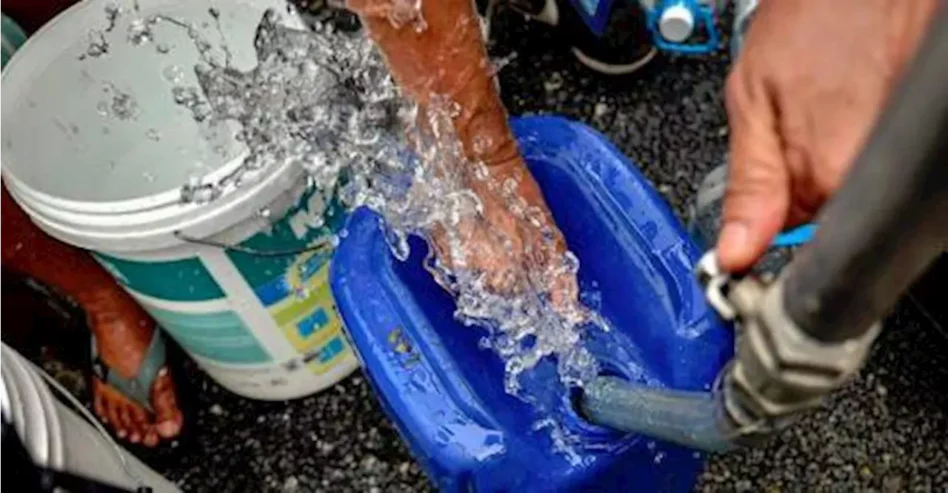
One finds eateries and motor workshops polluting the entire stretch of drain with their waste, spills and effluents causing a foul odour far from their original source.
This can be avoided or reduced if there is proper zoning to enable proper disposal. All the pollutants end up in the drain and subsequently in the waterways and rivers.
Selangor is a developed state with a very large mostly urban population that keeps on growing yearly.
Selangor’s potable and industrial water needs will grow tremendously. As such no effort should be spared in ensuring clean water supplies as well as conserving catchment areas.
Purifying polluted and dirty water increases the cost of treatment and abundant use of chemicals like chlorine increases the likelihood of endangering health.
Needless to say, we all need to stop polluting our precious water sources. As if pollution is not enough there is the increasing risk of climate change causing havoc to water supplies.
Unusually hot and rainy spells can threaten water resources. But speaking about climate change, has anyone noticed the drastic reduction in the mosquito population?
The recent heat waves appear to have wiped off millions. This is nothing to worry about as given Malaysia’s stagnant and unsanitary drains they will make a quick comeback! – July 26, 2024
V. Thomas is a Focus Malaysia viewer.
The views expressed are solely of the author and do not necessarily reflect those of Focus Malaysia.
Main pic credit: The Star


